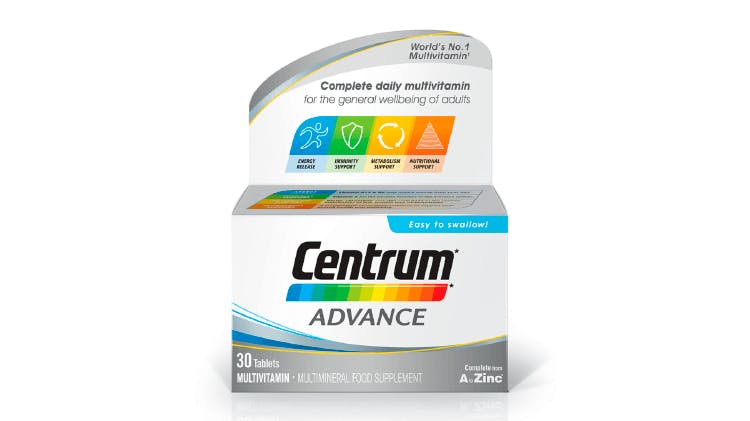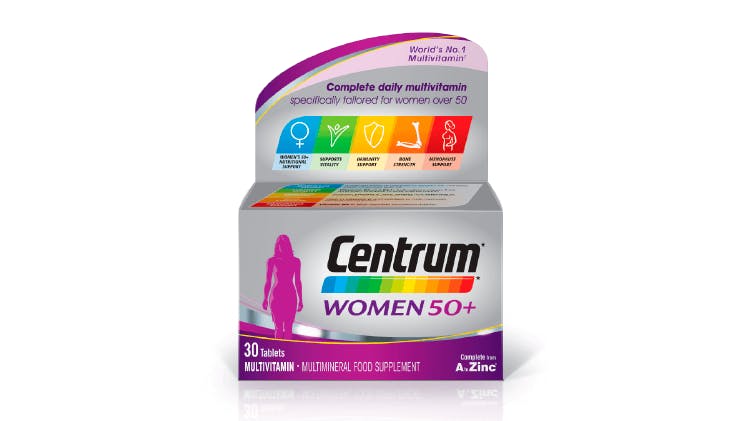Immune Health: Overview

The Immune System
The immune system is a large, interactive network of cells that protect against foreign bacteria, viruses, and fungi. It is broadly divided into innate and adaptive immunity, which are equally important for an adequate immune response to microbial pathogens and immunizations to help prevent and limit infectious disease.1
Innate immunity is present from birth, and consists of physical, chemical, and biological barriers including skin, stomach acid, and the microflora in the gastrointestinal tract, all of which help obstruct the entry of pathogens, as well as cells that trigger their destruction.
Adaptive immunity, considered the second line of defense, is activated when pathogens gain entry into the body. It’s comprised of T-cells, B-cells, and antibodies that destroy specific pathogens. The adaptive immune system develops with time and is capable of remembering pathogens in the future.2
Multiple factors can affect a customer’s immune system including age, sex, infection history, genetics and nutrition.3,4
Understanding Immune Health

Factors that influence immune health
Learn more about how to support a healthy immune system.
Register now
For news, updates, and more, click the link below to sign up and be on our mailing list.
The Centrum Range

Centrum Advance Multivitamin
A daily Multivitamin supplement that helps customers ensure they are getting the nutrients they need.*

Centrum Advance 50+
Helps support the nutritional needs of adults 50 years of age and older.*

